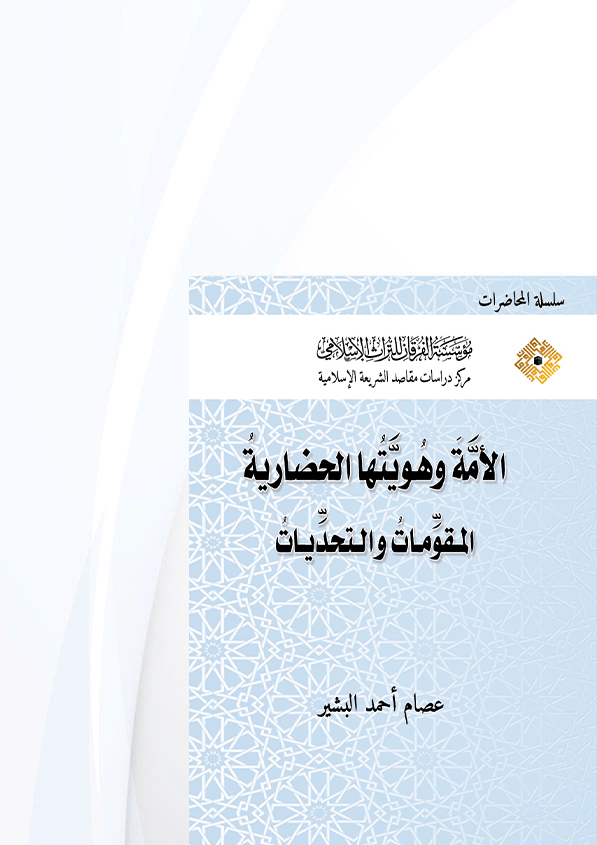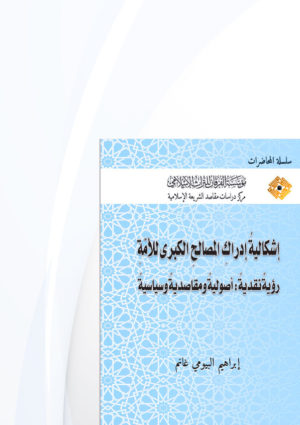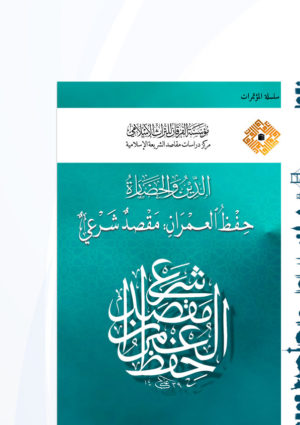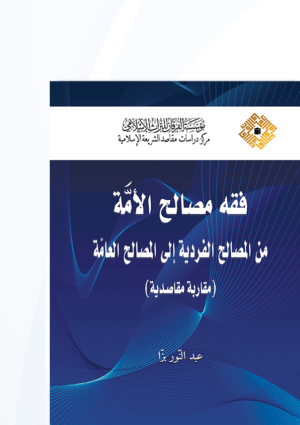Summary
This engaging lecture is an attempt to deconstruct the question and thorny issues of identity manifesting in the Islamic dimension, and to respond in light of the civilisational perspective, and its intellectual and methodological bounds, elucidating its conceptual domain, formative constituents, and current challenges.
In his lecture, Professor Issam al-Bashir emphasises that the question of civilisational identity is of utmost importance to nations, because it represents the ideological motivation, psychological and emotional impetus, pivotal issue defining a nation’s essence, and strategic element of its security.
The Muslim nation’s identity is characterised by independence, and clear distinction from others, in its intellectual precepts, moral frameworks, noble values, and civilising capabilities, as these stem from the creed of monotheism, and its epistemological foundations. Islam is our nation’s sole identity, representing its characteristics, faith basis, and civilisation goals. Furthermore, Islam is the force driving the trajectory of its movement, and linchpin of its unity; it is the motive force that unleashes the nation’s capabilities, and strengthens its stand in face of enemies.
Following this overview, Dr Issam al-Bashir expanded on the constituents of Islamic identity, which are manifested in the inspiring Islamic creed, the inclusive Muslim nation, the cultural/religious symbols, its civilisational excellence and distinctiveness, the shared, deep history, and Islamic languages. He then addressed the challenges confronting, and threats eroding identity, including the challenge on the values front; typically, barbs thrown with the purpose of undermining the Muslim nation’s sanctities, Islamic law’s immutable tenets (thawābit), and the religion’s certainties (qaṭ‘iyyāt) and unequivocal matters (muḥkamāt); for example, promoting heresy and atheism, and planting deviant concepts, spiritual emptiness, and psychological defeat. Moreover, spreading despondency, promoting sexual deviance and homosexuality, encouraging promiscuity, and striving to entrench decadence and negate morals. This is paralleled by lack of awareness, intellectual stagnation, moral decline, ignorance, and weak linkage to Islamic identity in education and edification curricula. In addition to other threats that further sub-divide the divided, such as dismantling the family, breaking up the social relationships network, and tearing apart the Muslim nation’s unity by sowing discord and strife, inciting language schisms, and sectarian and doctrinal disputes, and stirring ethnic conflict, nationalist animosities, and political fractiousness. Any nation in these circumstances will most certainly forsake its civilisation identity, and is thus, easily drawn into others’ influence and hegemony, ultimately, losing its independence.
Dr Issam concluded his lecture by saying that effective responses addressing the concepts of nation and identity must be located within all-encompassing, formative, and methodological intellectual frameworks, such as moderation (waṣaṭiyyah), selection (al-ijtibā’), trial (ibtilā’), and separation of good and bad (al-tamḥīṣ). This is because our nation possesses all the potentialities, whether weight of numbers (almost 2 billion people), spiritual force (represented in the referential authority of Qur’ān and Sunnah), or natural resources—both under and above ground, unique geographical position, and vast qualified human resources; in addition, it possesses a comprehensive project with a holistic vision to transport it from the circle of just existence (al-wujūd al-’ādil) to active civilising leadership (al-shuhūd al-fā‘il), and from the circle of civilising potential to that of civilising action. Therefore, addressing these threats and challenges must occur through developmental pathways, by rousing the Muslim nation, and consciously responding by marshalling civilising vigour through knowledge of origin, and cognisance of the times.






Reviews
There are no reviews yet.